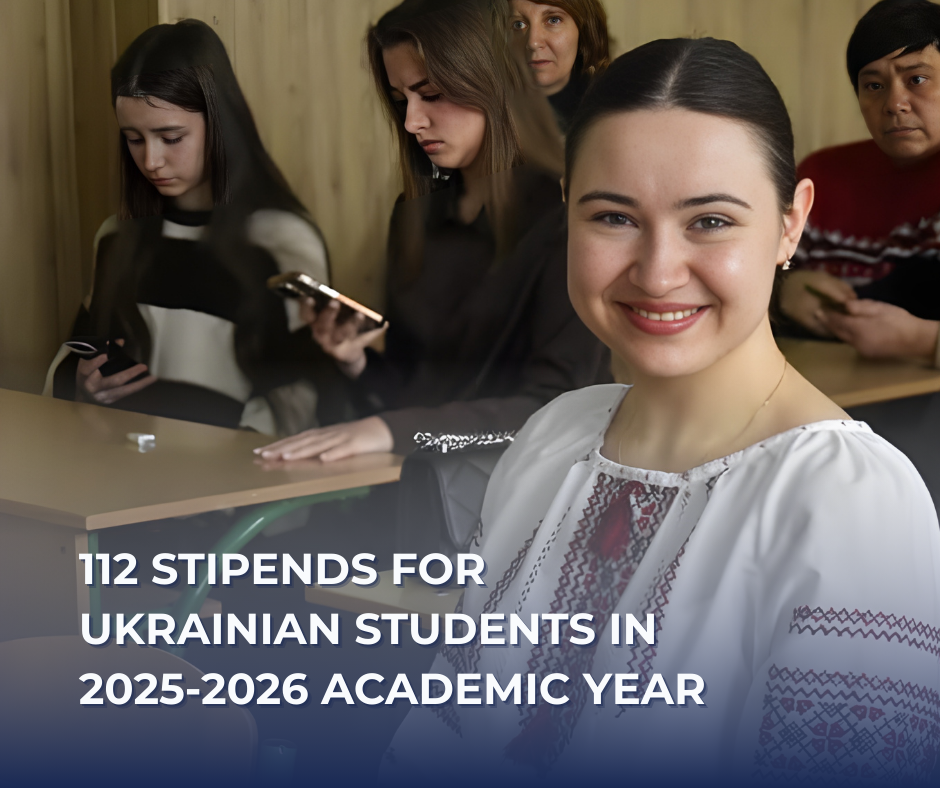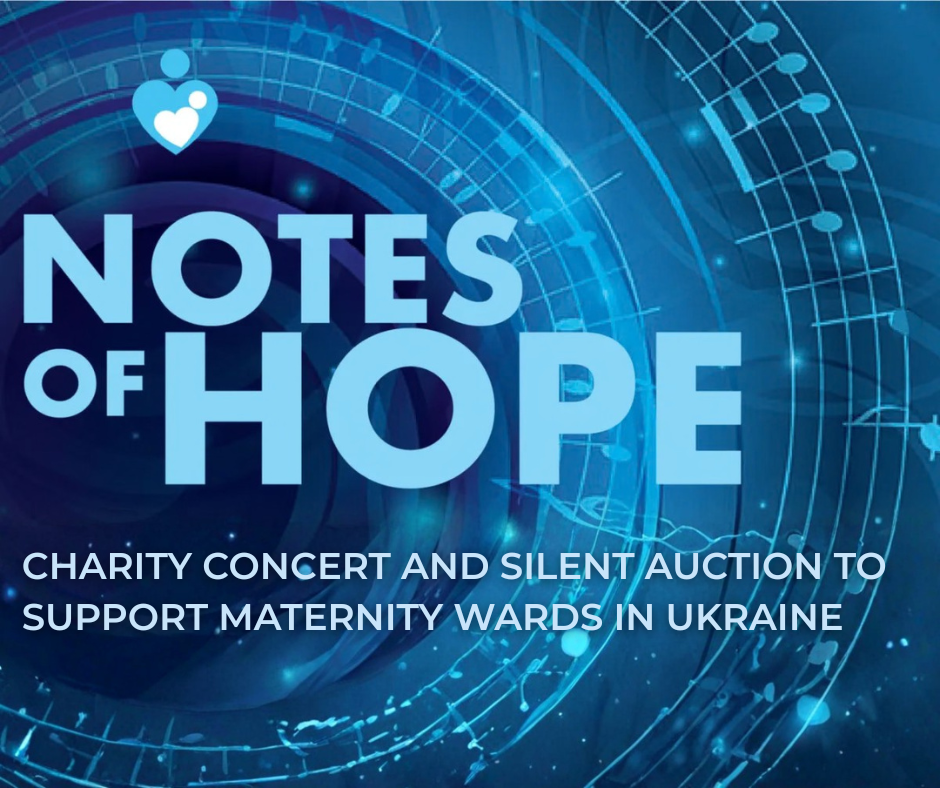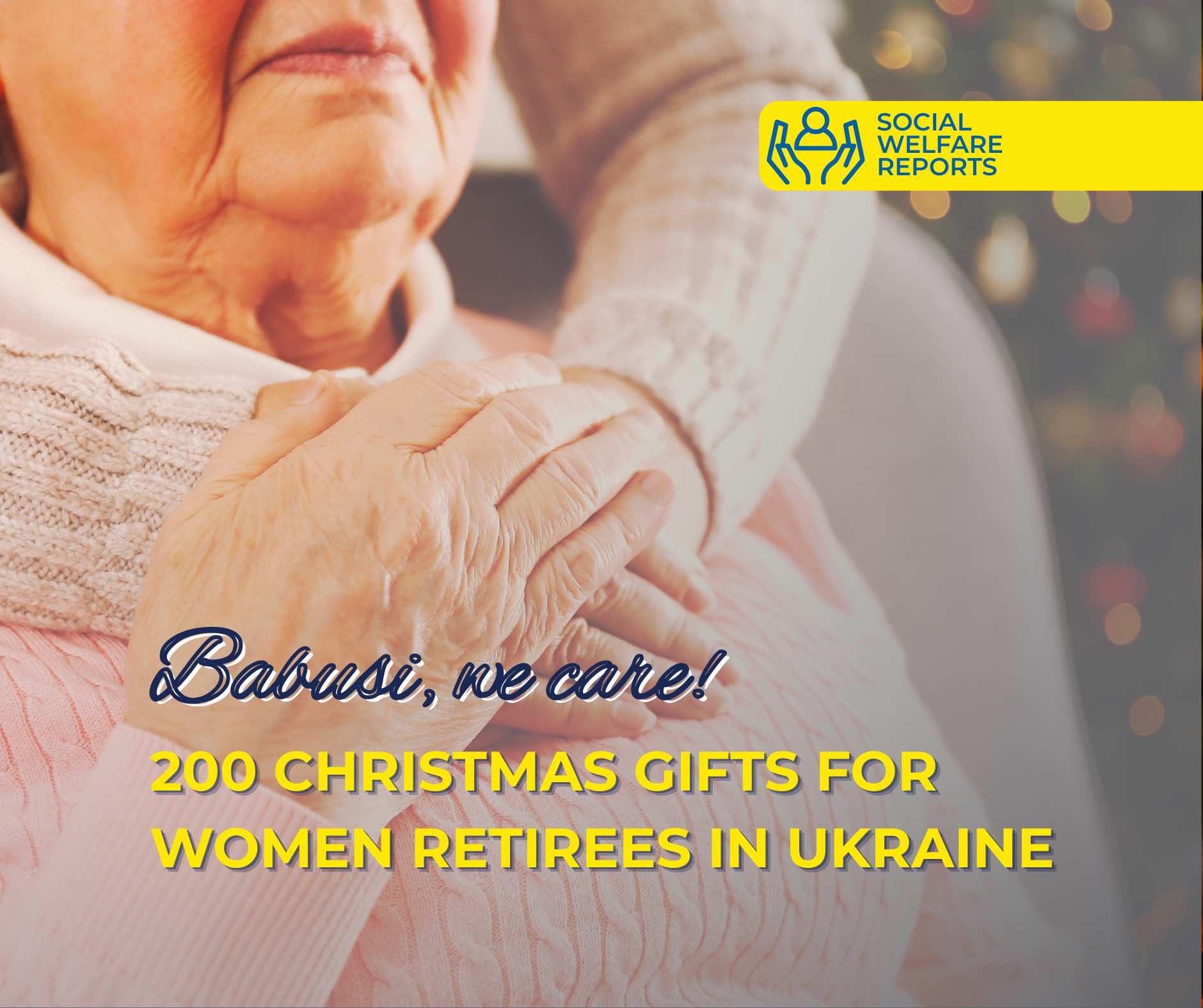A roundtable on global help to women in Ukraine with Elizabeth Kennedy Trudeau, U.S. Department of State, Global Public Affairs

From left: Lidia Mykytyn, Irene Jarosewich, Marianna Zajac, Natalie Pawlenko, Kateryna Levchenko, Elizabeth Trudeau, Oksana Kis, Maria Dmytriyeva, Sofika Zielyk. (Not pictured: Martha Kichorowska Kebalo who joined via Zoom).
Some scholars have found temporary refuge in Western universities where they continue their research and teach remotely; many live as IDPs in other regions of Ukraine; some of the more courageous stay in endangered cities. Hardships and shortages are overcome with heroic self-sacrifice, but begs the question for how long educators (the majority women) can carry on.
In response to the presentations, Elizabeth Trudeau acknowledged the immediate and multiple consequences of the war and confirmed America’s long-term commitment to Ukraine, ensuring that Ukraine will have the resources needed to win. She added that when she worked at the Pentagon, her area of specialty was Ukraine; she understands that the immediate need is weapons, but not only weapons. War crimes must be addressed, and Russia must be effectively sanctioned. She also shared that Nick DiNardo has a background in anti-trafficking, to which he spoke. He and Trudeau both discussed the importance that third party voices be heard, those beyond just the U.S. and Ukraine, on all issues related to the consequences of Russia’s war against Ukraine.
War, inevitably, is devastating for the most vulnerable in any society: women, children, the elderly, and disabled. Moscow’s war of choice in Ukraine is no exception. With each passing day, the dreadful devastation and deteriorating humanitarian situation in Ukraine remains painfully obvious.
While many aid agencies currently work in Ukraine, the need for aid, nonetheless, remains immense. Therefore, the outreach from the office of Acting Assistant U.S. Secretary of State for Global Public Affairs Elizabeth Kennedy Trudeau to the Ukrainian National Women’s League of America (UNWLA) for a roundtable discussion on global help for and the current needs of Ukraine’s women was welcomed by UNWLA.
Held on Wednesday, September 21, 2022, at the Ukrainian Institute of America (UIA) on the Upper East Side of Manhattan, the roundtable was hosted by UNWLA President Natalie Pawlenko in cooperation with Marianna Zajac, World Federation of Ukrainian Women’s Organizations (WFUWO) First Vice President, and Ukrainian World Congress (UWC) Board Member.
Department of State participants included Elizabeth Trudeau, and staff members Erin Cozens, Lead Special Assistant, and Nick DiNardo, Chief of Staff.
Key discussants at the roundtable were three guests from Ukraine, all attending events in New York City in conjunction with the opening of the 77th Session of the United Nations General Assembly. Discussants included: Kateryna Levchenko, J.D., Government of Ukraine Commissioner for Gender Equality Policy; Oksana Kis, PhD, a U.S. Department of State Fulbright Scholar from Ukraine who currently teaches at The New School, a university in Manhattan, and Maria Dmytriyeva, gender expert, women’s and human rights activist affiliated with the Democracy Development Center in Ukraine’s capital, Kyiv.
Also participating in the roundtable were event co-organizers that included several members of UNWLA who serve as WFUWO representatives to the United Nations, as well. These included WFUWO Main Representative to UN/ECOSOC Martha Kichorowska Kebalo, PhD, who prepared roundtable materials; WFUWO Main Representative to UN Department of Global Communications Irene Jarosewich, who served as discussion moderator, and WFUWO Representative to UN/ECOSOC Sofika Zielyk, who serves as Chair, WFUWO Committee on Ukrainian Culture.
Attending, as observers, were UIA President Kathy Nalywajko, UIA Executive Director Lydia Zaininger, and Lidia Mykytyn, UWC Director of Advocacy Programs.
Natalie Pawlenko opened the afternoon roundtable, which was held in the first floor conference room of the historic 19th century Fletcher-Sinclair mansion, home to the UIA since 1955. Irene Jarosewich began the discussion with an explanation of the need to talk not only of the immediate needs created by the tragic atrocity that is unfolding in Ukraine, but importantly also to visualize how to ensure Ukraine’s reconstruction in the post-war future. Ukraine must emerge victorious and this affirmation set the tone for the arc of the discussion.
Kateryna Levchenko explained that the current suffering in Ukraine began with Russian violence and aggression in 2014, an invasion of Crimea and several regions of eastern Ukraine that caused the first waves of massive internal displacement. Then, as now, women felt the brunt of that displacement and violence, a fact addressed by the creation in 2017 of the government position filled currently by Levchenko. In her work as Commissioner for Gender Equality Policy, Levchenko strives to ensure the application of gender equality (gender mainstreaming) across all institutions and sectors of Ukrainian society.
She explained the central importance in this process of Ukraine’s National Action Plan (NAP) for UN Security Council Resolution 1325 (Women Peace and Security). Ukraine’s second NAP (originally composed for 2020-2025) was updated in August 2022 to recognize the needs of several categories of citizens intimately affected by Russia’s second brutal invasion of Ukraine that was launched on February 24, 2022.
Since February 24, countless of Ukraine’s citizens have been made victims of wartime physical violence, sexual assaults and rape; trafficking for labor, sex; abduction and disappearance into the Russian Federation, and captivity as Russia’s prisoners of war. Levchenko asserted that Ukraine’s NAP is a good framework not only for Ukraine’s human rights activists, but also for international donors seeking methods to help Ukraine effectively.
The focus on the war crime of sexual violence led to the signing of a Framework of Cooperation between the Government of Ukraine and the United Nations (Pramila Patten, Special Representative of the UNSG on Sexual Violence in Conflict) that specifies joint actions be taken to aid those affected.
Maria Dmytriyeva, a longtime human rights and anti-prostitution activist, continued in a similar vein. While addressing the problems of trafficking for sex and surrogacy created by Russia’s war, she also made a point of explaining the extent to which, literally, every Ukrainian is affected by the war. In large degree, this situation is the result of the huge number of internally displaced persons (IDPs). Western regions of Ukraine are a refuge to overwhelming numbers of IDPs from regions of eastern Ukraine that Russia invaded. Displacement results in not only major social impacts, but also causes extreme stress for IDPs that can result in despair, addiction, emotional problems. There are too few psychologists and social workers available to assist all those in need.
Furthermore, IDPs are in great need of financial assistance and employment opportunities. She offered an example of an innovative project organized by the National Council of Women (NCW) to address the shortage of fuel for vehicles: bicycle repair shops. The NCW repair shops create jobs for women, as well help as solve a basic transportation problem by making bicycles available to other women in need—for example, nurses and social workers who travel to rural villages —by providing an inexpensive means of transportation.
Oksana Kis, Chair, Department of Social Anthropology, National Academy of Arts and Sciences of Ukraine, and President, Ukrainian Association of Women’s History, spoke to the difficult circumstances for the field of higher education in Ukraine. She noted that as August 2022, 131 institutions of higher learning and vocational training in Ukraine (5.5% of such institutions) have been destroyed by shelling. The faculty of 72 institutions found in regions under threat and occupation are totally displaced. Overall, Ukrainian educational institutions have lost more than 20% of their labs, libraries, and technology. Kis spoke of Ukraine’s status as a leader in technology, and noted how the Russian attacks strategically target educational and communications infrastructure, in particular.
A little over half of the educational institutions in Ukraine are offering instruction remotely, the rest in a hybrid format. The student body has contracted; more than 24,000 students have left Ukraine. This portends for a drastic brain drain in Ukraine’s future. As the war drags on, these students will finish their education and find employment outside Ukraine. There is a shortage of teachers. Lack of internet access is a critical hindrance to continuation of schooling; 80% of schools cannot support online teaching. School faculty and staff are paying out of pocket for access to the internet.
Trudeau emphasized the importance of the pro-Ukraine community maintaining energy to continue to tell the story of Ukraine, to reinforce the narrative of Ukraine, to solidify the solidarity of the international community, and to use all means possible to keep a strong focus on holding Russia accountable for its unprovoked and barbaric aggression. She recommended a strategy of Ukrainian community representatives meeting with diplomats of other nations to update them about conditions in Ukraine, especially in relation to women’s issues and the work of small, local NGOs. Information will then be included in diplomatic cables and enters system of information that informs national governments. She mentioned the importance of engaging the nations of South America and Africa in a common front in order to end swiftly the war’s tremendous international human cost.
The Russian Federation is a master of disinformation stated Trudeau, and has tried to present the conflict as a war between the United States and Russia. She encouraged Ukrainian communities worldwide to work with international media to keep the message of the nature of the war in the public eye. The message is that this conflict is a war against democracy, and the democratic world. She added “… what the people of Ukraine have done is to draw a line in the sand for democracy.”

Towards the end of the meeting, Sofika Zielyk presented Trudeau with an iconic symbol of Ukraine – an intricately decorated egg, the Ukrainian pysanka. Zielyk explained that there is a Ukrainian legend suggesting that the world will survive as long as people continue to design pysanky. As curator of the UIA exhibit, “Pysanka: A Symbol of Hope,” she has requested that people and institutions from around the world send pysanky to the exhibit with a dual purpose: to ensure the survival of the world, and after the end of the war in Ukraine, all the collected pysanky will be donated to Ukraine.
Marianna Zajac delivered the concluding statement. The message was clear: historically, empires end, and the time has come for an end to the Russian Empire. Ukraine’s pre-2014 borders must be re-established fully, and the war, now past 210 days, must see Russia neutralized. Ukraine, she emphasized, will win since Ukraine and Ukrainians have no other choice except to win.






